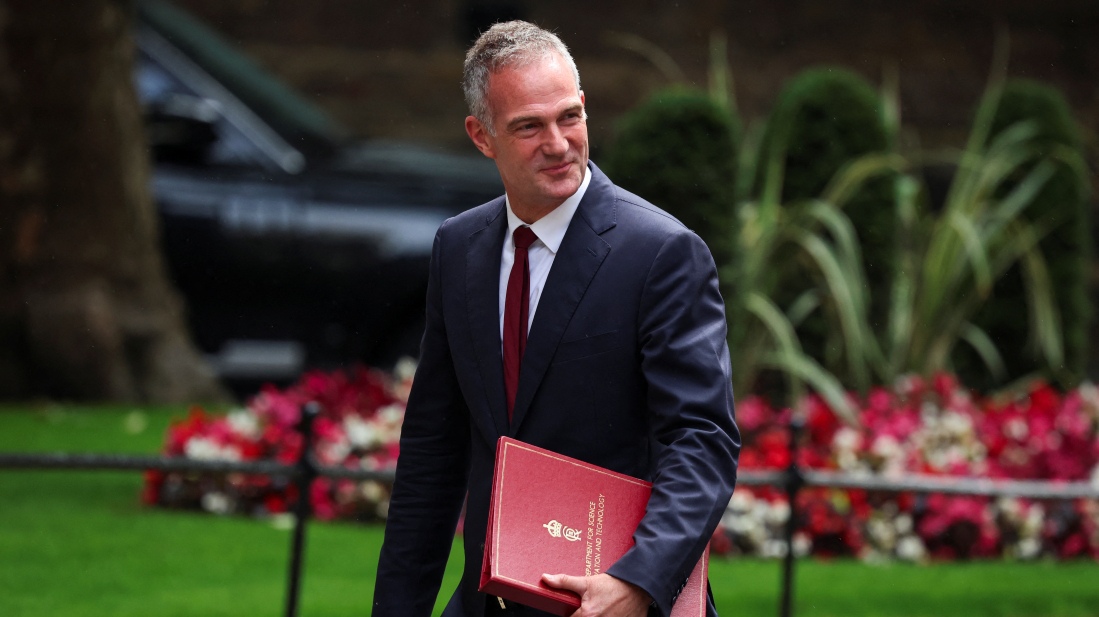China being used to bypass sanctions on foreign cars in Russia, report suggests
Russia’s car market is continuing to receive tens of thousands of foreign-brand vehicles via China despite sanctions imposed after Moscow’s full-s...

The UK government has pushed back its plans to regulate artificial intelligence by at least a year, opting instead to prepare a more wide-ranging bill covering both safety and copyright issues.
Technology Secretary Peter Kyle intends to introduce the legislation in the next parliamentary session, but it will not be ready before the next King’s Speech — now expected in May 2026 — raising concerns about delays in tackling the risks posed by powerful AI systems.
The Labour government had initially planned to move quickly with a narrow bill focused on large language models like ChatGPT, which would have required companies to submit their models for safety testing by the UK’s AI Safety Institute. That proposal has now been shelved, partly to allow time for alignment with Donald Trump’s administration in the U.S.
Ministers say the upcoming bill will also address mounting pressure over the use of copyrighted material in AI training. The government is currently facing strong resistance from the creative sector over its separate Data Bill, which would allow AI companies to use copyrighted works unless creators opt out. Artists like Elton John, Paul McCartney, and Kate Bush have publicly opposed the change.
Peers in the House of Lords recently backed an amendment requiring AI firms to disclose whether they use copyrighted content in training — a move the government has resisted. Kyle has since committed to launching a cross-party working group on AI and copyright and said the full issue will be dealt with in the new bill.
While critics say the delay leaves the UK behind in regulating a fast-moving technology, Kyle argues that a more comprehensive approach will allow space to “find solutions” in dialogue with both tech companies and rights holders.
Civil society groups and public surveys show widespread concern: an Ada Lovelace Institute–Alan Turing Institute poll found that 88% of Britons believe the government should have the power to block AI products that pose serious risks. Over three-quarters want regulators — not private firms — overseeing AI safety.
Scott Singer, a senior fellow at the Carnegie Endowment, said the UK is walking a fine line: “Like the U.S., Britain is trying to avoid aggressive rules that could stifle innovation, while still protecting consumers. That’s the balancing act here.”
Greek Prime Minister Kyriakos Mitsotakis arrived in Ankara on Wednesday, where Turkish President Recep Tayyip Erdoğan held an official welcoming ceremony at the Presidential Palace, marking the start of high-level talks between the two NATO allies.
A senior adviser to Iran’s Supreme Leader said on Tuesday that negotiations with the United States must remain focused on the nuclear issue and be grounded in realism, as Washington and Tehran prepare to resume talks mediated by Oman.
James Van Der Beek, who rose to fame as Dawson Leery in the hit teen drama Dawson’s Creek, has died aged 48 following a battle with stage 3 colorectal cancer.
China became Brazil’s largest source of imported vehicles in January, overtaking long-time leader Argentina in a shift that underscores Beijing’s rapidly expanding influence in one of Latin America’s biggest auto markets.
Canadian Prime Minister Mark Carney said a bridge project linking Canada’s Ontario province with the U.S. state of Michigan would contribute to cooperation between the two countries.
Norwegian police searched the homes of former prime minister Thorbjørn Jagland on Thursday (12 February) as part of an ongoing investigation into alleged ties between prominent Norwegians and the late U.S. sex offender Jeffrey Epstein, authorities and media reports said.
North Korean leader Kim Jong Un has chosen his teenage daughter as his successor, South Korea’s spy agency told lawmakers on Thursday.
Belgian police raided offices of the European Commission in Brussels on Thursday (12 February) as part of an investigation into the sale of European Union real estate assets in 2024, the Financial Times reported.
Polls have close in Bangladesh's first general election since the fall of Sheikh Hasina’s government, marking a pivotal moment in the country’s political transition. Turnout reached 47.91% by early afternoon, according to partial data from election authorities.
Stalled U.S.–Iran talks and mounting regional tensions are exposing a growing strategic rift between Washington and Tel Aviv over how to confront Tehran, political analyst James M. Dorsey says, exposing stark differences in approach at a critical moment.
You can download the AnewZ application from Play Store and the App Store.

What is your opinion on this topic?
Leave the first comment